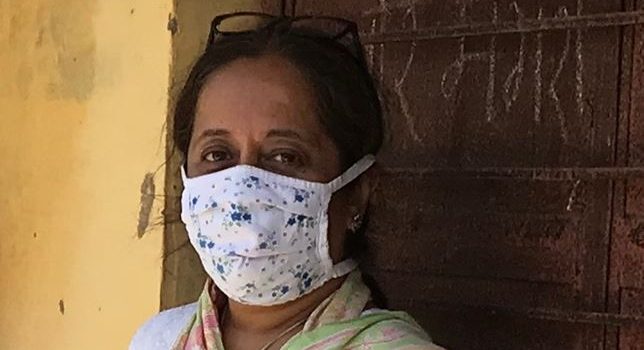Our colleague, Dr. Sanjana Brahmawar Mohan ,alumnus of London School of Hygiene and Tropical Medicine shares how AMRIT Clinics has been assisting the communities it serves amidst the COVID-19 pandemic.
Click on the link below to read full article.

Our colleague, Dr. Sanjana Brahmawar Mohan ,alumnus of London School of Hygiene and Tropical Medicine shares how AMRIT Clinics has been assisting the communities it serves amidst the COVID-19 pandemic.
Click on the link below to read full article.
Good morning, respected Principal, teachers, my dear students, and everyone present here. Sofia and her team during a community meeting
It’s early in the morning, and I am sitting in the back of an ambulance with four of themost inspiring
It was a pleasant day with slight chill and bright sunshine at Bagdunda. Bagdunda is around 10 kms from the
Kalia Phala is a remote hamlet in Manpur village, about 100 kilometers south of Udaipur city.
Many people in India, especially the poor, face the problem of seeking effective health care at a cost they can
Dr. Pavitra Mohan, CEO at Amrit Clinics, an initiative started between Aajeevika Bureau (AB) and Basic HealthCare Services (BHS).